
Industry and Inclusion
A cohort of 12 community colleges from across the country have been selected to join a coalition, led by The Century Foundation (TCF) and the Urban Manufacturing Alliance (UMA), focused on building ecosystems and increasing racial equity in the manufacturing sector. This coalition also includes eight workforce development organizations and a national advisory board.
The Industry and Inclusion Cohort (I&I), funded by Lumina Foundation, began in 2020 at a critical time for the U.S. manufacturing industry as it shifted to produce millions of pieces of medical and personal protective equipment as a part of our fight against the pandemic. Nearly two years later, manufacturing continues to attract renewed attention, and the industry is growing: even before the pandemic began, estimates indicated that the United States needed to recruit over two million additional manufacturing workers over the next decade to meet supply shortages and increasing demand.
While the pandemic brought about the rebirth of the manufacturing industry, it also caused record unemployment across sectors, particularly for people of color who became unemployed at disproportionate rates, compounding the effects of systemic racism that make it more difficult to attain well-paying jobs in the first place. The current growth of manufacturing allows an opportunity to recreate a more equitable manufacturing industry. To ensure all people, and especially people of color, have access to skilled manufacturing jobs, training for such opportunities must be widely available and easily accessible.
 |
Bishop State Community College (Mobile, AL): Founded as a historically Black institution to promote opportunities for African-American teachers, Bishop State is up-and-coming for promoting well-paying manufacturing jobs along the Mobile Bay. In their last phase of building an Advanced Manufacturing Center, their cohort membership will strengthen communities of color and women for entries into pipefitting careers. |
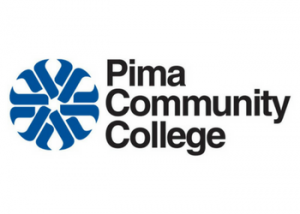 |
Pima Community College (Tucson, AZ): An active member of the Southern Arizona Manufacturing Partners (SAMP), Pima is a national educational leader in industry partnerships and apprenticeships. The college is committed to increasing representation for women and students of color in their four advanced manufacturing programs. |
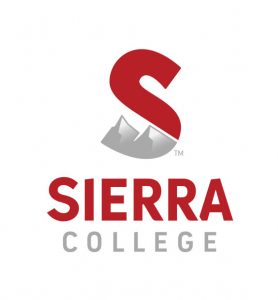 |
Sierra College (Rocklin, CA): A Hispanic-Serving Institution, Sierra is undertaking a college-wide effort to improve pedagogical strategies to support Black students and close equity gaps. Through this mission, the college will intentionally attract more students of color and women into manufacturing careers. |
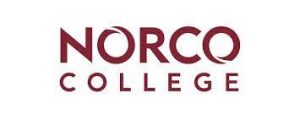 |
Norco College (Norco, CA): Manufacturing is the top economic sector in Norco, CA, but barriers persist for students of color seeking upward mobility. As an Hispanic-Serving Institution, Norco will use multilingual efforts to develop an outreach strategy in manufacturing for diverse communities. |
 |
Community College of Denver (Denver, CO): Nationally, less that four percent of women are welders, but the Community College of Denver, a Hispanic-Serving Institution, is increasing this representation through employing female welding instructors and mentoring women students. As a member of the cohort, the college will increase the numbers of women of color who are earning a welding credential. |
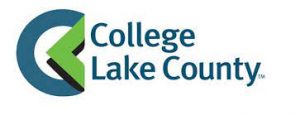 |
College of Lake County (Grayslake, IL): The College of Lake County is located in the second largest manufacturing county in Illinois. With manufacturing as a prominent source of employment, the college will center equity and workforce development on the campus and outside community. |
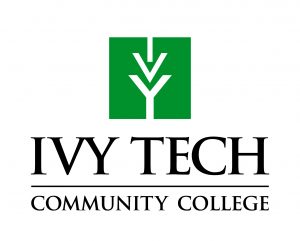 |
Ivy Tech Community College (Indianapolis, IN): Indiana’s only full-fledged community college, Ivy Tech is a leader in credentials and an apprenticeship intermediary. In the cohort, the college will achieve equity metrics of increasing students of color in manufacturing programs. |
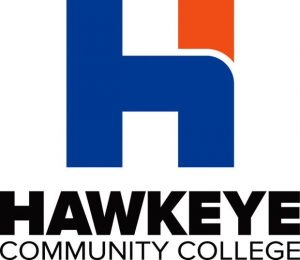 |
Hawkeye Community College (Waterloo, IA): Waterloo, IA is one of the most diverse cities in Iowa and a center of manufacturing, yet communities of color are not represented in these industries. Hawkeye Community College is committed to developing strategies to better reach, support, and position students of color for careers in the manufacturing sector. |
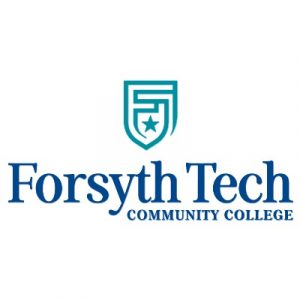 |
Forsyth Tech Community College (Winston-Salem, NC): Forsyth Tech has been a leader in creating pathways into advanced manufacturing fields through the Learn and Earn Apprenticeship Program (LEAP) and strong industry partnerships. The college will leverage these partnerships to create more sustainable career pathways for students of color in manufacturing careers. |
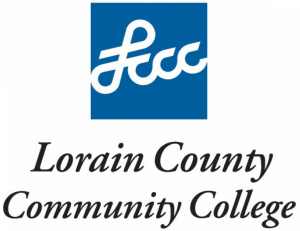 |
Lorain County Community College (Elyria, OH): Building on an institution-wide commitment to investing and acting equity goals, Lorain will continue to scale its work to create impactful, evidence-based strategies to meet the needs of its students. The college will focus on centering equity approaches such as trauma-informed services and deepening industry and community partnerships. |
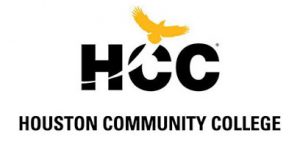 |
Houston Community College (Houston, TX): One of the largest Hispanic Serving Institutions in the country, Houston Community College and its Center of Excellence in Smart Manufacturing are critical resources in serving students of color seeking manufacturing careers. The college will build awareness of the need for more diversity in manufacturing at the national level, and strengthen work-learning models with industry partners. |
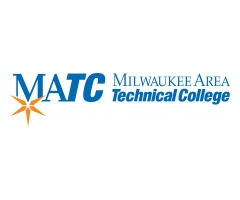 |
Milwaukee Area Technical College (Milwaukee, WI): As one of the most diverse community colleges in Wisconsin, the cohort will strengthen MATC’s existing relationship, and form partnerships with the Director of DEI to diversify manufacturing. |
New members will join a cohort that already includes: JARC (Chicago/Baltimore), LIFT (Detroit), MAGNET (Cleveland), Manufacturing Renaissance (Chicago), Menomonee Valley Partners (Milwaukee), MxD (Chicago), Northland Workforce Training Center (Buffalo), and WRTP (Milwaukee).
Learn More about the Project
For more background on the project’s history, read “Revitalizing Manufacturing and Expanding Opportunities for Chicago’s Black and Latino Communities” or watch “Building A High Wage America.”
Learn about our racially conscious industry partnerships here for “Blueprint for Action”.
Click here for the cohort’s advisory board and participants, including Industry leaders and research scholars.








